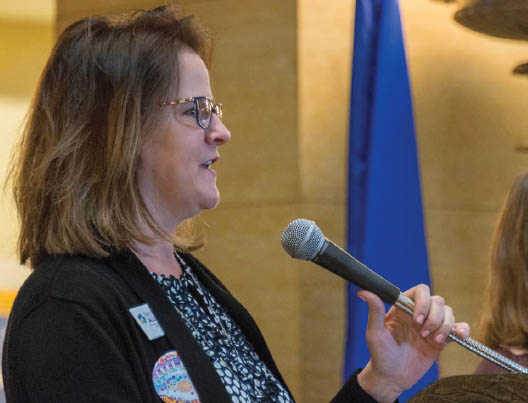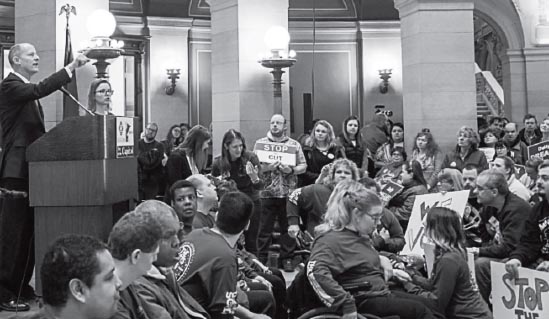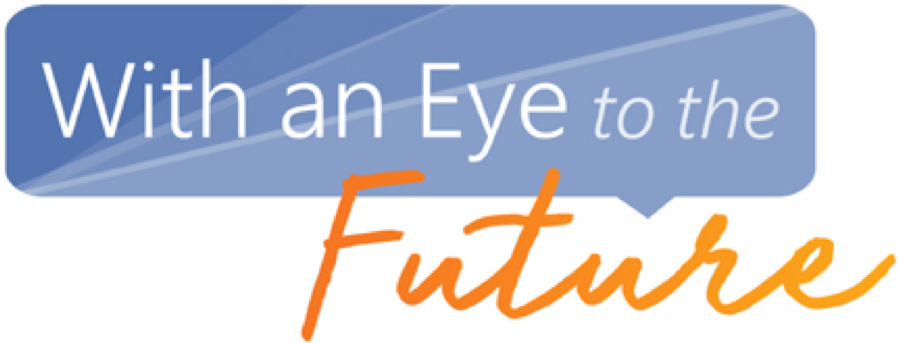2018: Community Groups Rally to Halt Devastating Cuts
Access Press 4/10/2018
Self-advocates and disability-related organizations are rallying to fight a pending seven percent cut to disability services in Minnesota. The cut will start taking effect July 1, 2018 unless the Minnesota Legislature takes action. What worries many service providers is that the funds for some services have already been spent.
The July 1, 2018 cut is expected to affect about 27 percent of those who receive services, with more cuts phased in over the next 18 months. Stopping the cut was a focus of the rally during ARRM/MOHR Day at the Capitol March 13, 2018. More than 1,000 people were on hand to meet with lawmakers and fill the capitol rotunda, chanting “Stop the cuts! Stop the cuts!”
Many waved signs, including signs that stated “I made this with help from my staff.”
"This year, like so many other years, we are fighting to preserve funding for community-based services," said ARRM CEO Sue Schettle. When she said that the cuts make no sense and asked the crowd if the cuts made sense to them, Schettle was greeted with loud boos and cries of "No!"

ARRM CEO Sue Schette urged advocates to share their legislators the harmful impacts of a seven percent cut to rates
Legislators at the rally said they'd do what they can to stop the cuts, but that everyone needs to contact their elected officials. Sen. Kent Eken, DFL-Twin Valley, said that making cuts means denying people with disabilities the chance to more fully patriciate in their communities. "When everybody has opportunities the whole state benefits."
Mike Burke, president of MOHR, said it's important for state lawmakers to see the faces of those who will be affected by the seven percent reduction. "We have to stop this cut," Burke said. "It would truly be devastating."
News of the cuts came to DHS from the federal Centers for Medicare and Medicaid, focused on Minnesota's rate-setting policy for Minnesotans receiving home and community-based services (HCBS). Minnesota uses a standard formula called the Disability Waiver Rate System (DWRS) to set the funding rates people receive for their supportive services.

Senate Majority Leader Paul Gazelka, R-Nisswa, spoke at the ARRM/MOHR rally March 13.
Minnesota’s policy and program were developed with legislatively approved rate increases to support service enhancements and direct care staff. But that is seen as conflicting with federal Medicaid rules. Preserving HCBS this session is needed.
The cuts have drastic effects on individual agencies. Rise, Inc., a Spring Lake Park agency that provides a variety of personal, work and housing supports, estimates it would see $850,000 in cuts.
Just as service providers would have to adjust to deep cuts, so too would individuals. Everyone who receives home and community-based services through Minnesota’s Medicaid waiver would see current assistance levels cut drastically.

